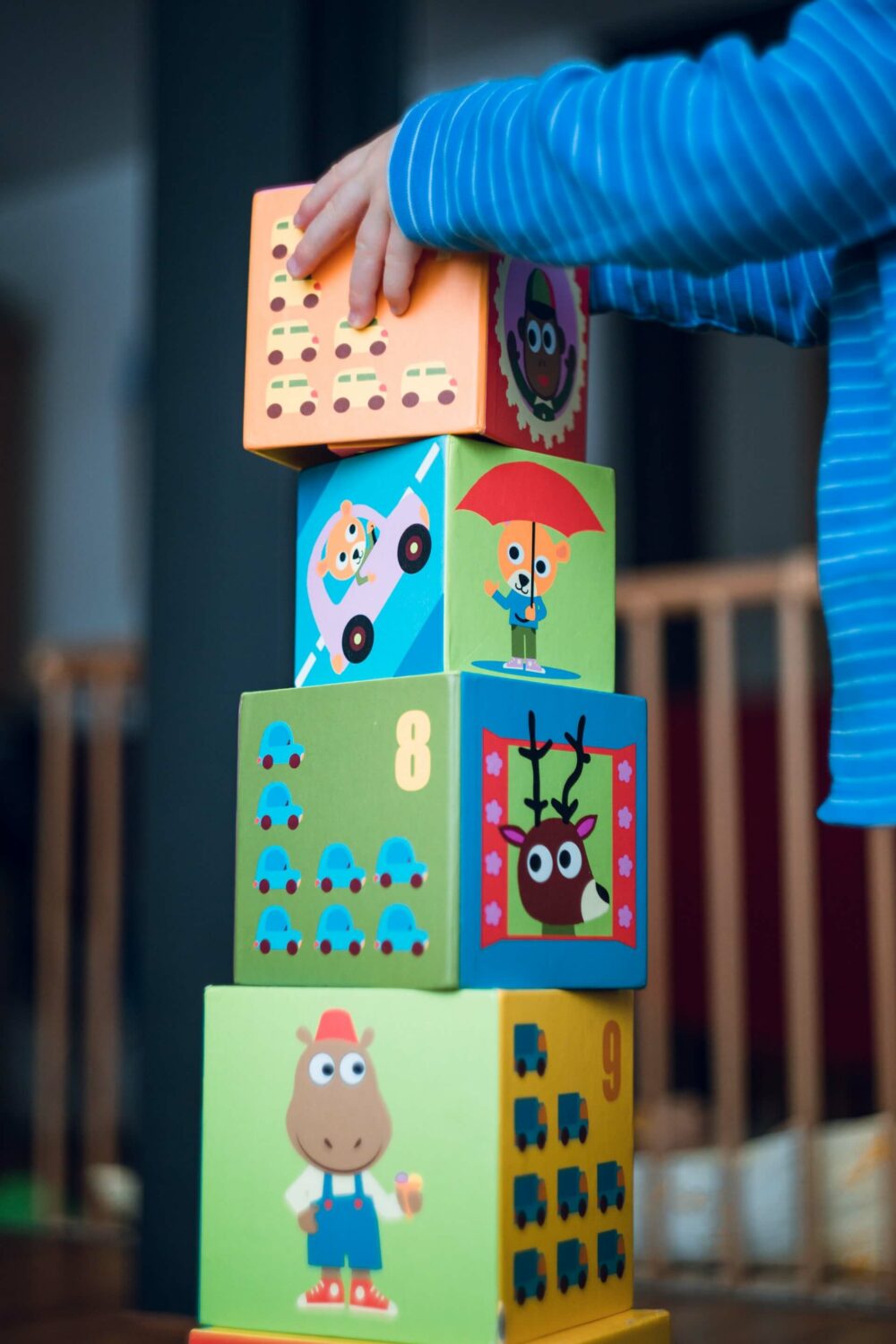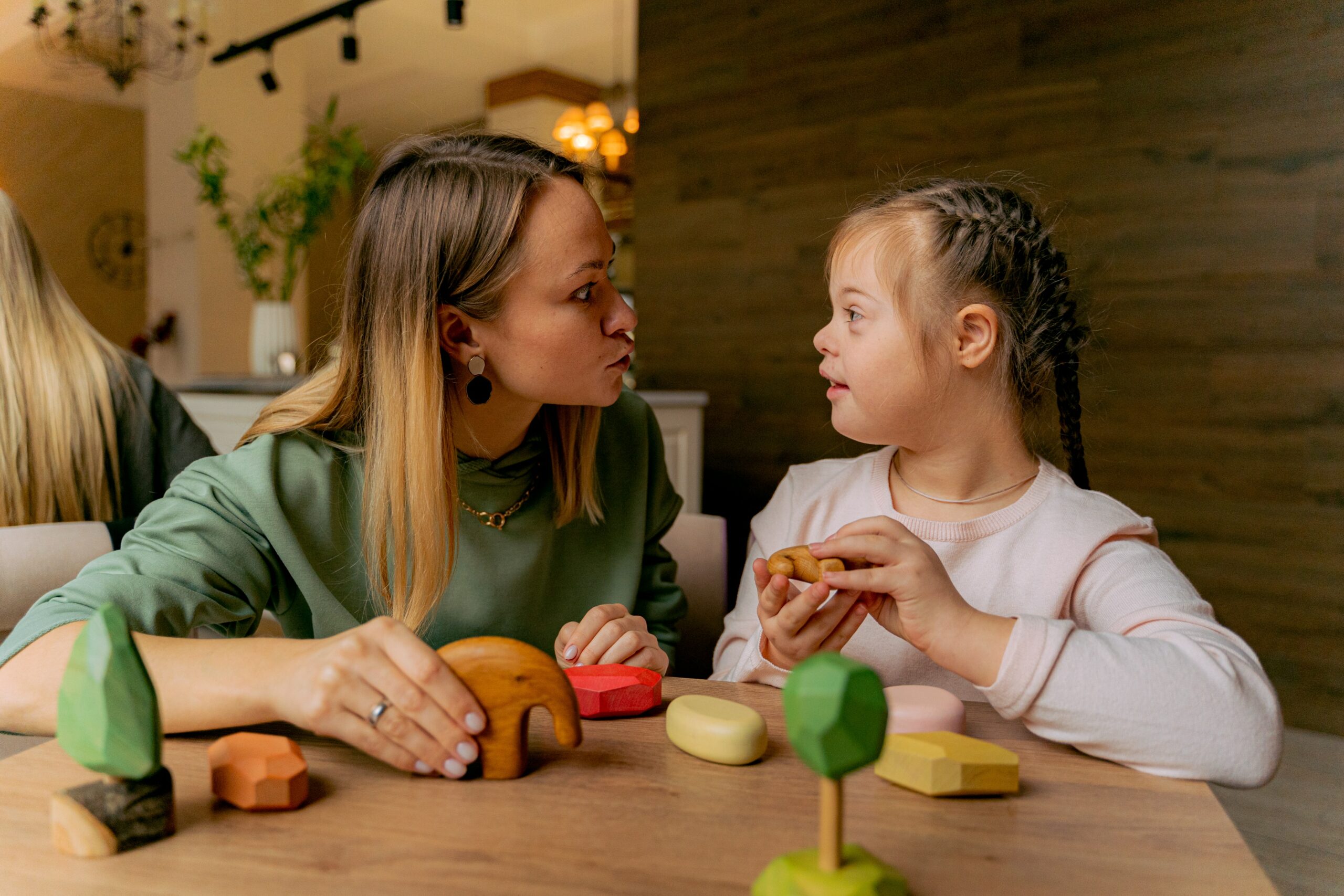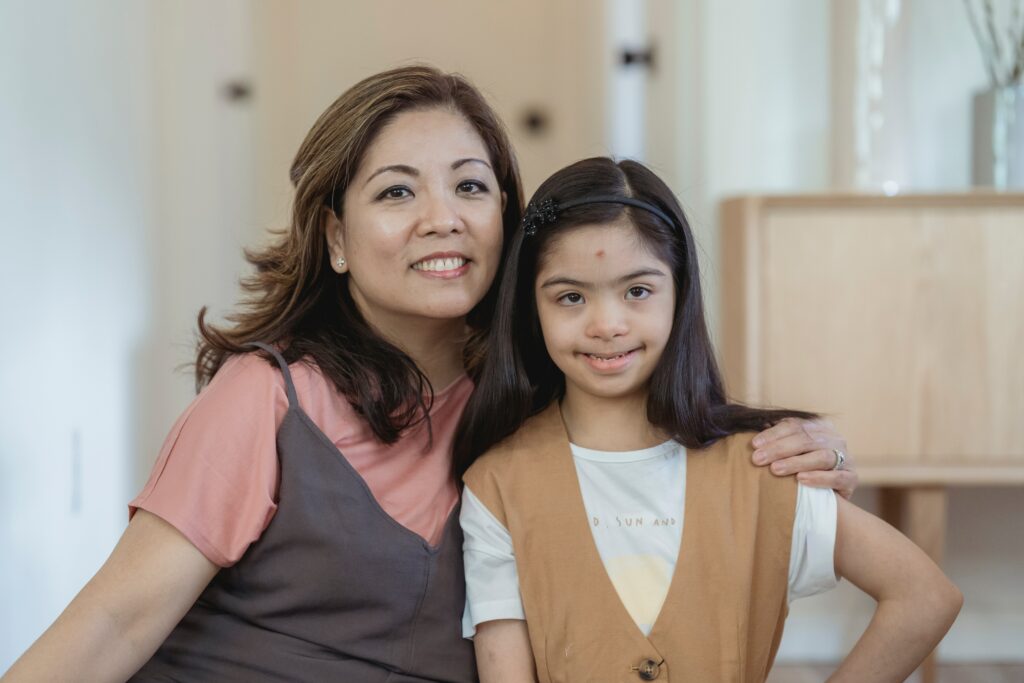Behaviour therapy is a form of therapy that focuses on changing behaviours in a positive and effective way.
Behaviour therapy for children in Australia can help children develop their communication, social, daily living, and motor skills, overcome problematic behaviours and develop healthy habits. A behaviour therapist is a professional who specialises in behaviour therapy. They work with individuals to identify problematic behaviours and develop strategies to change those behaviours. Behaviour therapists may have training in various approaches, including Applied Behaviour Analysis (ABA) and Cognitive Behavioural Therapy (CBT).
Behaviour therapy can have a profound impact on the lives of children:
Behaviour therapy can help children develop effective communication skills, which can lead to greater independence and improved social interactions.
Children learn how to initiate and maintain social interactions, making friendships and relationships more accessible and enjoyable.
Targeting disruptive behaviours allows children to manage frustration and anxiety more effectively, leading to a more peaceful and harmonious family life.
Improved self-regulation and attention span can positively influence academic performance, setting the stage for success in school.
Behaviour therapy empowers children to become more self-sufficient, helping them achieve a higher level of independence.

Your child may see a behaviour therapist if they are exhibiting problematic behaviours such as aggression, self-injury, impulsivity, or anxiety. Behaviour therapy can also be helpful for children with developmental disabilities or behavioural disorders such as ADHD, Autism Spectrum Disorder, or Oppositional Defiant Disorder.
At SLCN, we take a compassionate and evidence-based approach to behaviour therapy for children. Our experienced therapists collaborate closely with families to ensure a holistic approach to therapy. We create customised treatment plans and provide ongoing support to help your child reach their full potential.

During the appointment, the behaviour therapist will typically conduct an assessment to gather information about your child’s behaviour and identify the problematic behaviours that need to be addressed. The therapist will then develop a treatment plan and work with you and your child to implement strategies to change the problematic behaviours. The therapist may also provide training and support to help you and your child maintain the positive changes.
The behaviour therapist may conduct behavioural assessments to gather information about your child’s behaviour. These assessments may include direct observation of your child’s behaviour, interviews with you and your child, and questionnaires or rating scales.
Behaviour therapists do not typically provide diagnoses, but they may work with your child’s doctor or psychologist to develop a treatment plan that addresses any underlying conditions that may be contributing to the problematic behaviours.
Behaviour therapists may use various treatments and therapies, including applied behaviour analysis, cognitive behaviour therapy, and positive behavioural supports. These treatments may involve the use of rewards, consequences, and positive reinforcement to change behaviours.
Applied Behaviour Analysis (ABA), is a well-established and evidence-based approach for managing behaviours in children with autism spectrum disorder and other developmental conditions.
Here's how it works:
The process begins with a comprehensive assessment of the child's strengths, weaknesses, and specific behavioural challenges. This evaluation helps create a tailored treatment plan.
Behaviour therapy identifies specific target behaviours that need improvement. These can include communication skills, social interactions, self-regulation, and reducing disruptive behaviours.
Behaviour therapy emphasises the use of positive reinforcement to encourage desired behaviours. This involves rewarding and praising children when they exhibit positive actions, such as following instructions or engaging in appropriate social interactions.
Ongoing data collection helps therapists track progress and make necessary adjustments to the treatment plan.
The ultimate goal is for children to generalise these newly acquired skills to various settings, including home, school, and community.

ESDM is an evidence-based early intervention program that integrates a developmental and behavioural approach to therapy for children with ASD and developmental conditions. This holistic model focuses on a child's individual strengths and challenges and aims to promote their social and emotional development.

Here's how ESDM, in collaboration with a behaviour therapist, can benefit children:
ESDM begins with a comprehensive assessment of the child's developmental profile. This assessment helps in understanding the child's unique needs and tailoring the intervention accordingly.
ESDM incorporates play-based techniques that engage children in structured and enjoyable activities. These activities are designed to promote communication, social skills, and cognitive development.
Behaviour therapy emphasises the use of positive reinforcement to encourage desired behaviours. This involves rewarding and praising children when they exhibit positive actions, such as following instructions or engaging in appropriate social interactions.
ESDM recognizes the crucial role of parents in a child's development. Parents are actively involved in therapy sessions and receive guidance on how to support their child's progress at home.
ESDM sets clear, achievable goals for each child. These goals are designed to address the child's developmental needs and facilitate progress.
Continuous assessment and adjustment of the intervention plan ensure that therapy remains effective and aligned with the child's development.
ESDM fosters the development of crucial social skills, enabling children to engage with peers and form meaningful connections.
By focusing on communication development, ESDM helps children express their needs and emotions effectively.
ESDM addresses challenging behaviours by providing children with alternative ways to communicate and express themselves.
ESDM stimulates cognitive growth through play-based activities that promote problem-solving and critical thinking.
Parents receive training and guidance in implementing ESDM strategies at home, creating a supportive environment for their child's development.

CBT is a well-established therapeutic approach used to address emotional and behavioural issues in individuals with ASD and other developmental conditions.

Here's how CBT, in collaboration with a behaviour therapist, can benefit children:
CBT helps children recognize their cognitive patterns, including negative thoughts and beliefs that may contribute to emotional distress and behavioural challenges.
Children learn practical coping strategies to manage anxiety, frustration, and emotional regulation. These strategies empower them to handle challenging situations more effectively.
CBT can assist children in developing crucial social skills, such as recognizing emotions in others and understanding social cues.
CBT can help them improve their communication skills, enhancing their ability to express their needs and feelings.
CBT equips children with problem-solving skills, making it easier for them to navigate daily challenges.
CBT helps children better understand and regulate their emotions, leading to decreased meltdowns and improved emotional well-being.
Enhanced communication skills can improve a child's ability to express their needs and connect with others effectively.
CBT equips children with tools to manage anxiety and stress, contributing to a more peaceful family environment.
By learning problem-solving and coping strategies, children can gain greater independence, building essential life skills.
Overall, CBT can significantly enhance a child's quality of life by addressing emotional and behavioural challenges.

PBS is an evidence-based approach that focuses on understanding the functions of challenging behaviours and implementing strategies to promote positive and adaptive behaviours. This approach emphasises proactive, person-centred, and collaborative intervention.

Here's how PBS, in collaboration with a behaviour therapist, can benefit children:
PBS begins with a thorough functional assessment to understand the underlying causes and triggers of challenging behaviours.
Based on the assessment, a personalised behaviour support plan is developed, which includes strategies to reinforce positive behaviours and teach alternative, more adaptive skills.
PBS takes a proactive approach by identifying triggers and implementing strategies to prevent challenging behaviours from occurring.
PBS focuses on teaching children new skills to replace challenging behaviours. These skills may include communication, social interaction, self-regulation, and problem-solving.
PBS encourages collaboration between therapists, parents, and other caregivers to ensure a consistent and supportive environment for the child.
Positive Behavior Support offers numerous advantages for children and their families:
PBS helps children develop the skills needed for greater independence and a more fulfilling life.
By addressing the root causes of challenging behaviours, PBS can lead to a significant reduction in disruptive actions.
PBS promotes communication skills, allowing children to express themselves effectively and reducing frustration.
Parents and caregivers receive training and support to implement PBS strategies at home, fostering a harmonious family environment.
By learning alternative behaviours and life skills, children become more self-sufficient and capable of participating in various activities.


Paediatric Speech Pathlogist
Whatever your family’s case, there will be something out there for your child which can offer the best possibilities for success. Programs that I can tailor to your time and budget constraints.
If you’d like to book a FREE consultation here, I’ll be able to recommend a suitable program, components, and style for your circumstances.
If we’ve already spoken about suitable programs for your child, or you know what you’re after, then you can book a course here.
Ideally, daily practice with your child will be required. Three practice sessions per week would be considered a minimum. Without sufficient practice your child is unlikely to progress in skill development and in the long term this may in turn lead to a decrease in motivation.
Behaviour therapy practice should focus on the specific goals and materials that have been set in therapy sessions by your child’s behaviour therapist. Other forms of practice, such as incidental practice are not likely to be as effective.
In order for your child to develop and extend new skills, feedback on practice attempts is required. This feedback should typically be delivered as labelled praise. Labelled praise will specifically let your child know what was correct about the attempt and will provide motivation and encouragement to keep trying.
As the focus of the behaviour therapy service is on training and supporting you, you are required for all therapy appointments. If you are unable to attend, please ring 03 413 992 86 or email [email protected] as soon as possible.
